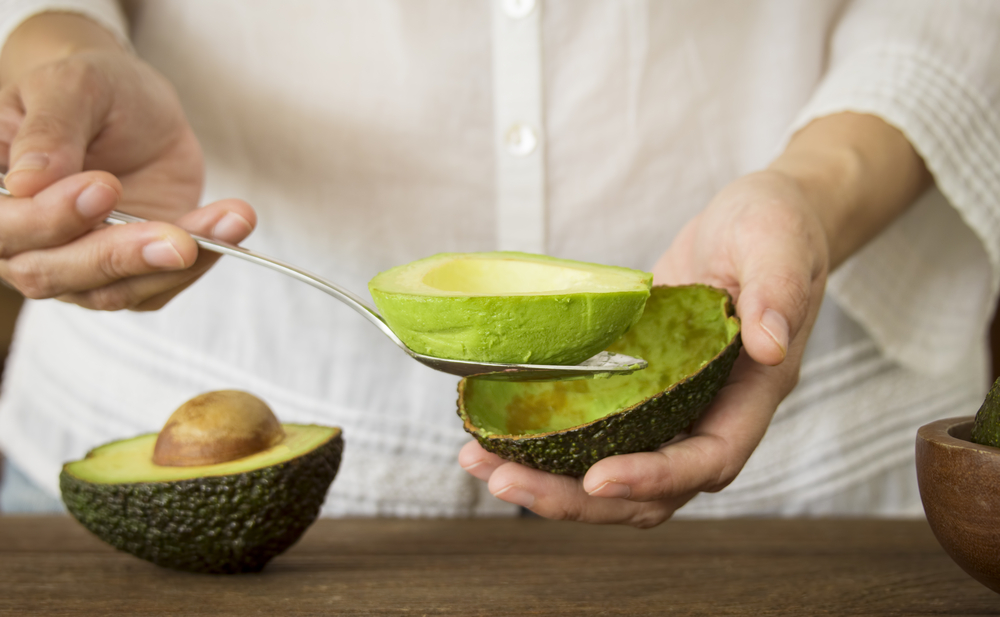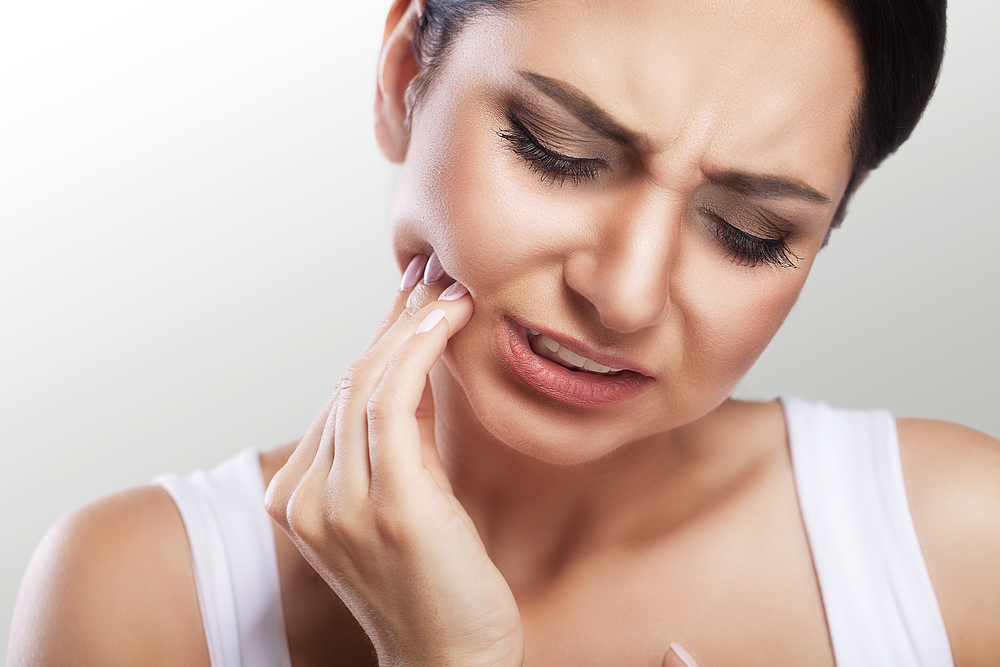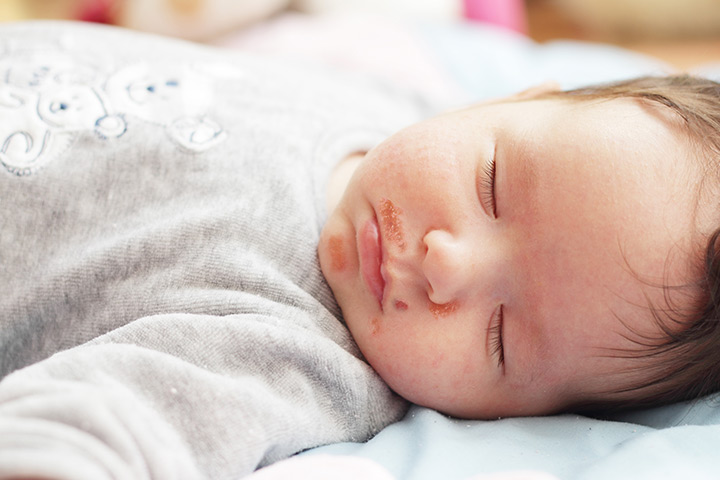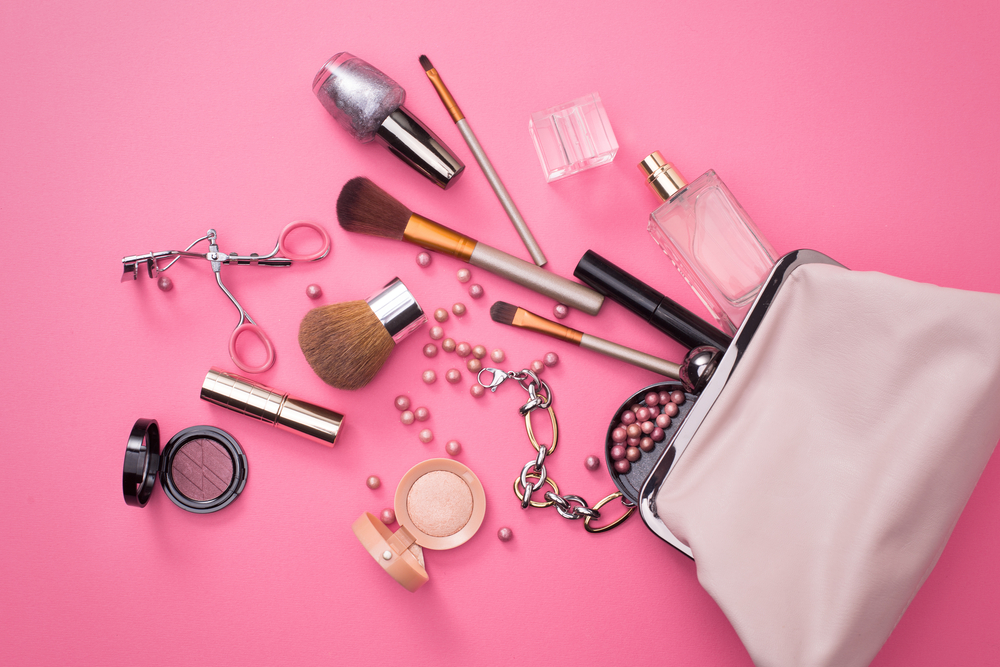Contents:
- Medical Video: 9 Tips to Keep Hair Clean and Voluminous Longer
- A variety of mistakes that make water damage your skin
- 1. Use bath water that is too hot
- 2. Bathing or swimming too long
- 3. Do not immediately take a bath after swimming
Medical Video: 9 Tips to Keep Hair Clean and Voluminous Longer
Water has tremendous benefits to maintain skin hygiene and health. However, experts also reminded that not all water is good for the skin. There are actually several conditions that can make water damage the skin. Ah, can water damage the skin? To find out the cause, first consider the following explanation.
A variety of mistakes that make water damage your skin
1. Use bath water that is too hot
Under your skin, there are oil glands that will indeed produce natural oils or sebum to moisturize and maintain healthy skin. Unfortunately, sebum can be lost if you take a shower with hot water. As a result, your skin becomes very dry to scaly or itchy.
Hot water does damage the skin more than warm or lukewarm water. Therefore, choose water with a temperature that makes the skin comfortable. When you shower with hot water and the skin becomes red, that's the sign that the skin can't accept the water. Bathing with too hot water can burn the skin, causing redness, itching, and even peeling similar to sunburn.
Dry skin can also increase the chance of infection. So, try not to take a bath or take a hot bath, especially if you do have a dry skin problem.
2. Bathing or swimming too long
Bathing too long will strip the skin of the natural moisturizer produced by the oil glands and make the skin drier. Especially if you take a hot shower, soak, or swim.
Wash your face enough to clean the skin. Do not be too long. Spending less time in the bathtub not only benefits the skin, but also reduces the amount of wasted water. Follow bathing activities before the skin becomes wrinkled. Bathe for 5-10 minutes, if more will increase the risk of water damaging your skin.
3. Do not immediately take a bath after swimming
Chlorine is a mixture of chemicals used to kill bacteria. Chlorine is often found in swimming pools as chlorine-forming material. Chlorine not only kills bad bacteria, but also can kill the good bacteria on your skin.
Chlorine is acidic so it can erode the protective layer of the skin. If you feel dry or itchy skin after leaving the pool, this is usually the skin reaction to chlorine. The outer layer of the skin contains dense tissue of protein and creatine which helps keep the skin moist while preventing evaporation of water. These cells will absorb water and help adjust. Well, chlorine reacts with these skin cells and attaches to the layer above the skin.
When you come out of the pool water, the skin is usually still covered with chlorine and if left to dry without rinsing, our skin will stick or dry scaly. Therefore, before coming into contact with chlorine-containing water such as in a swimming pool you should use a lotion to reduce chlorine absorption.
No less important, after coming out of the pool, immediately take a shower with clean water and gentle soap to remove any residual chlorine attached to the skin. Don't forget to use moisturizer to restore skin moisture after you take a shower.












